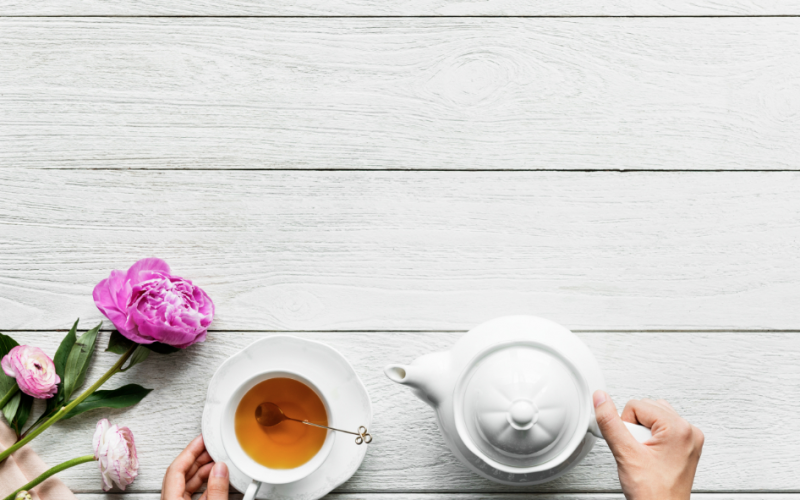We’ve all had the experience of setting an intention to go for a morning run or clean the dishes before we head off to work only to fail miserably before we’ve even hit 8am. Morning routines have become something of a trend and nothing short of finding time to meditate, exercise, walk the dog and get a blow dry before work will seem to do for the modern workday.
Some of which, we have our celebrity counterparts to thank. From Oprah Winfrey, who apparently reads a philosophy quote for every minute it takes her to boil her first cup of tea, to Melissa McCarthy who wakes up at 4.30am to begin a daily routine which includes watching some episodes of a favourite TV show like The Incredible Hulk and reading the National Geographic.
All of which, can make even the most motivated morning-person feel a little like a slacker.
When I think about my morning routine, there’s already a lot of different aspects to shoehorn into not a lot of time. Which leads me to question; are these examples of morning routines that we keep hearing about in the media realistic for the everyday woman or just damn right ridiculous?
Rethinking the morning mold
On the one side, I find the idea of trying to fit in so many new activities pre-work to be as exhausting as it assumedly is, yet on the other side there are some glimmers of positivity in what it is to rethink the morning mold.
Mornings are stereotypically “bad” times of day. From the endless snooze which involves repeatedly silencing a bleating alarm, to the almost comic effort of getting children ready for school and disappearing out of the door in a frenzied hury, it’s the stable foundation of any “Mommy-com” genre.
What my research has shown is that mornings can actually be envisioned as a place of peace and calm. A short period where you can stop, reflect and set yourself up, in an otherwise frenetic day.
Setting intention
Benjamin Spall is one person who is likely to have this nailed. From interviewing over 300 successful individuals for his book My Morning Routine he suggests that there is a series of best practices that can help us to have the best day (and life) possible.
What he is quick to point out, is that a morning routine doesn’t have to begin at 4.00am and doesn’t have to include every single element.
Two areas which seem to be key are starting small and choosing something which works for you. If you find meditation really difficult then despite what we’re told, perhaps it’s not the best way to start your day? If you only have five minutes to spare then Spall suggests that even this is enough to add in a routine of breathing, reading or journaling, and that even those short few minutes could have a great effect.
Building a routine
Another point to note is that you can’t have a great morning routine, without a great evening routine to bookend it on the other side. Going to bed late, not preparing what you need for the morning and struggling to switch off will all affect how you feel the next day.
When it comes to having a great morning, perhaps what we really need to concentrate on is having a great night. Of course, that can be difficult with young children and a busy social calendar, but thinking of the morning routine as something more holistic can only help.
The benefit of building a short, simple and personal routine is also that you can take it on the road. We all know the familiar feeling of going on holiday, or away on business, and seeing everything from your exercise to your eating habits fall out of sync.
With a 5-30 minute morning routine, that’s low-maintenance and can be done almost anywhere, surely we’re all possible of turning our days right back around?
What’s your morning routine and how does it set you up for the day ahead? We’d love to hear from you @ible_it.

